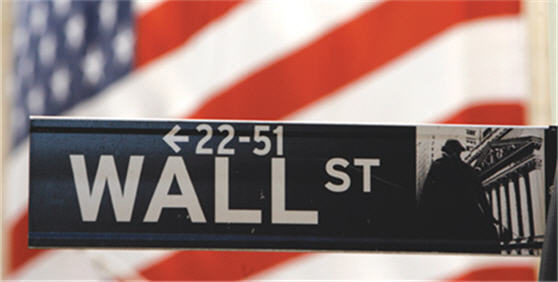Washington Debt Ceiling Games Starting To Spook The Markets
The concern of the day is how international markets will react later today if there’s no concrete solution to the debt ceiling crisis, but it’s becoming clear that the sanguine approach that stock and bond markets have taken to these negotiations won’t last forever:
Global markets were poised on a knife’s edge Sunday as Washington remained locked in partisan battle over raising the nation’s debt ceiling, with no final deal in sight.
High level administration officials wanted a deal to raise the $14.3 trillion borrowing limit in place by Sunday afternoon before markets opened for the trading day in Asia. But as the day ground on with politicians exchanging fire on the Sunday talk shows, the prospects of such a deal seemed grim.
In the interim, Obama administration officials have begun exploring what would happen without a deal in place — opening discussions with Wall Street banks regarding what would happen to upcoming Treasury auctions if the debt ceiling is not raised, people familiar with the matter said.
And the Federal Reserve has been in discussions regarding what it will do if there is not enough money in the federal government’s accounts on Aug. 3 to send out $20 billion in Social Security checks and other payments.
Initial market reaction will begin to show up around 5 p.m. on the East Coast as currencies start trading in Asia, followed by futures contracts that predict how markets will open in Europe and the United States. A clear picture of market reaction will emerge by late Sunday evening on the East Coast.
Market analysts and Wall Street traders said a failure to reach a final deal on Sunday would not be catastrophic. But the lack of any concrete progress toward successful votes in both houses of Congress and a presidential signature this week could be very damaging and could lead ratings agencies to downgrade U.S. debt.
Mark Dow, a former Treasury official who now runs a hedge fund that invests based on large global economic trends, said a breakdown in talks would likely lead to a drop in the dollar, a further spike in gold—a perceived safe haven of value in times of trouble— and a modest decline in equity prices along with a small increase in Treasury bond yields.
He added that initial drops could easily be reversed—or not materialize in the first place—if it becomes clear the two parties are moving towards a deal that will both significantly cut spending and raise the debt ceiling for an extended period of time.
So, ladies and gentlemen on Capitol Hill, you’ve got you’re marching orders. Now, get this done.



